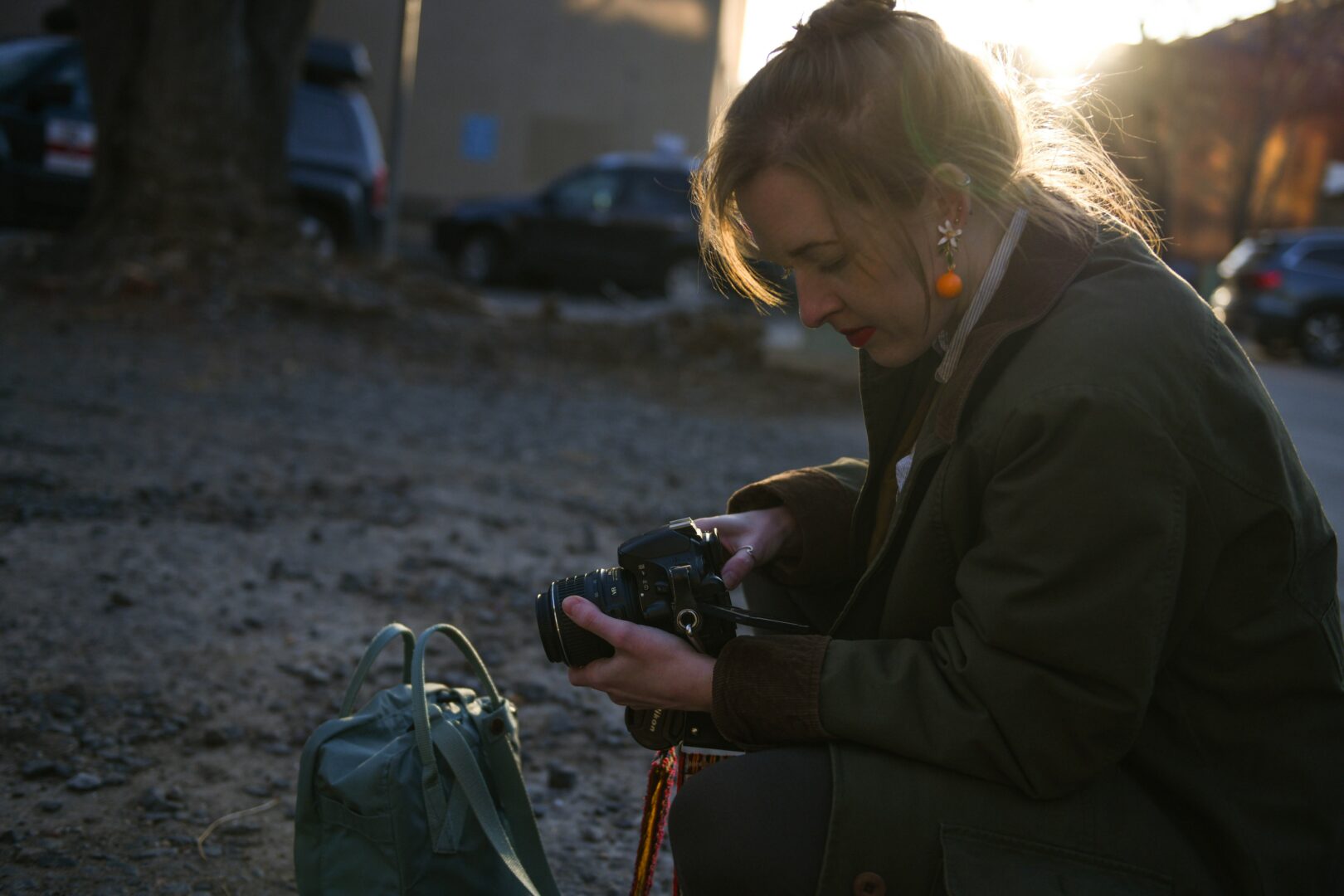Sara Cottle shared their story and experiences with us recently and you can find our conversation below.
Sara, we’re thrilled to have you with us today. Before we jump into your intro and the heart of the interview, let’s start with a bit of an ice breaker: What makes you lose track of time—and find yourself again?
Details. Sometimes I will make up a small task for myself, like I’m going to take photos of every flower I see between this street and this street, and that task is usually something that has me moving and paying attention. Tending and completing something within your control is an easy way to feel back on track with yourself.
Can you briefly introduce yourself and share what makes you or your brand unique?
Born and raised in West Virginia, I have a particular interest in exploring stories that connect nature and culture in Appalachia and the Southern U.S.
I currently tell stories connecting to the chemistry of the world, finding beauty in molecules and sharing the perspectives of scientists as a senior news editor. This was a move back to my storytelling roots after a stint developing communications around international climate change mitigation. Before that, I focused on local and global community impact through environmental storytelling, as well as campaign and strategic partner research. To continue with the science thread of my career journey, I also spent a considerable amount of time on science education creating curricula with the Smithsonian Science Education Center and breaking down barriers to sustainability through digital engagement with CU Boulder’s Environmental Center.
Appreciate your sharing that. Let’s talk about your life, growing up and some of topics and learnings around that. Who were you before the world told you who you had to be?
A kid. I feel like the entire second half of my career journey and enjoyment in life has been yielding to the kid version of myself–not the teenage years, but the real “world is my oyster” years. I grew up in a place in southern West Virginia where the land was our playground, the canvas to our imagination. When I think of me with the most minimal amount of opinion and information for living my life, I was capturing butterflies in a big hay field, and carefully predicting where a lightning bug was going to be for me to cusp it in my hands. Fallen branches got turned into teepees, and little creeks were games of who could jump to the other side without falling in. I had more intuition then than any journey gave me after it was told out of me. The thing is, when I bring little pieces of that version of me into who I am in the world today, it’s always received well and with wander.
What did suffering teach you that success never could?
How to enjoy it. I’m a big fan of suffering a little bit. I’d be awfully suspicious of someone who never suffered. There is a quote from one of my favorite books by Annie Dillard. “But if you cultivate a healthy poverty and simplicity; so that finding a penny will literally make your day, then, since, the world is in fact planted in pennies, you have with your poverty bought a lifetime of days. It is that simple. What you see is what you get.” I’d rather buy my joy with pennies than dimes. My suffering has allowed me to feel confident and proud in my successes, to feel sure and deserving of them too; but I’d never say that part out loud.
So a lot of these questions go deep, but if you are open to it, we’ve got a few more questions that we’d love to get your take on. Whom do you admire for their character, not their power?
Wendell Berry, the American novelist and poet. You don’t write like that and not have character. It is complex in its simplicity, and often…I’m sending a theme here…not spoken out loud, but you can sense his character through his many other words. Power is overrated and truly only works to the benefit of many when given to those with pure and good character.
Thank you so much for all of your openness so far. Maybe we can close with a future oriented question. If immortality were real, what would you build?
I hope it’s not real, because I think it is the most full circle thing to go back to the land. I hope I can come back as a tree in another life, if that was allowed to be the answer to this. I don’t want to build anything, I want to take care of and preserve what great things already exist in this natural world–the beautiful landscapes, the wildness, the real freedom that brings.
Contact Info:
- Website: https://www.saracottle.com
- Instagram: @saraleacottle
- Linkedin: https://www.linkedin.com/in/cottlesara/
- Youtube: https://www.youtube.com/@SaraCottle
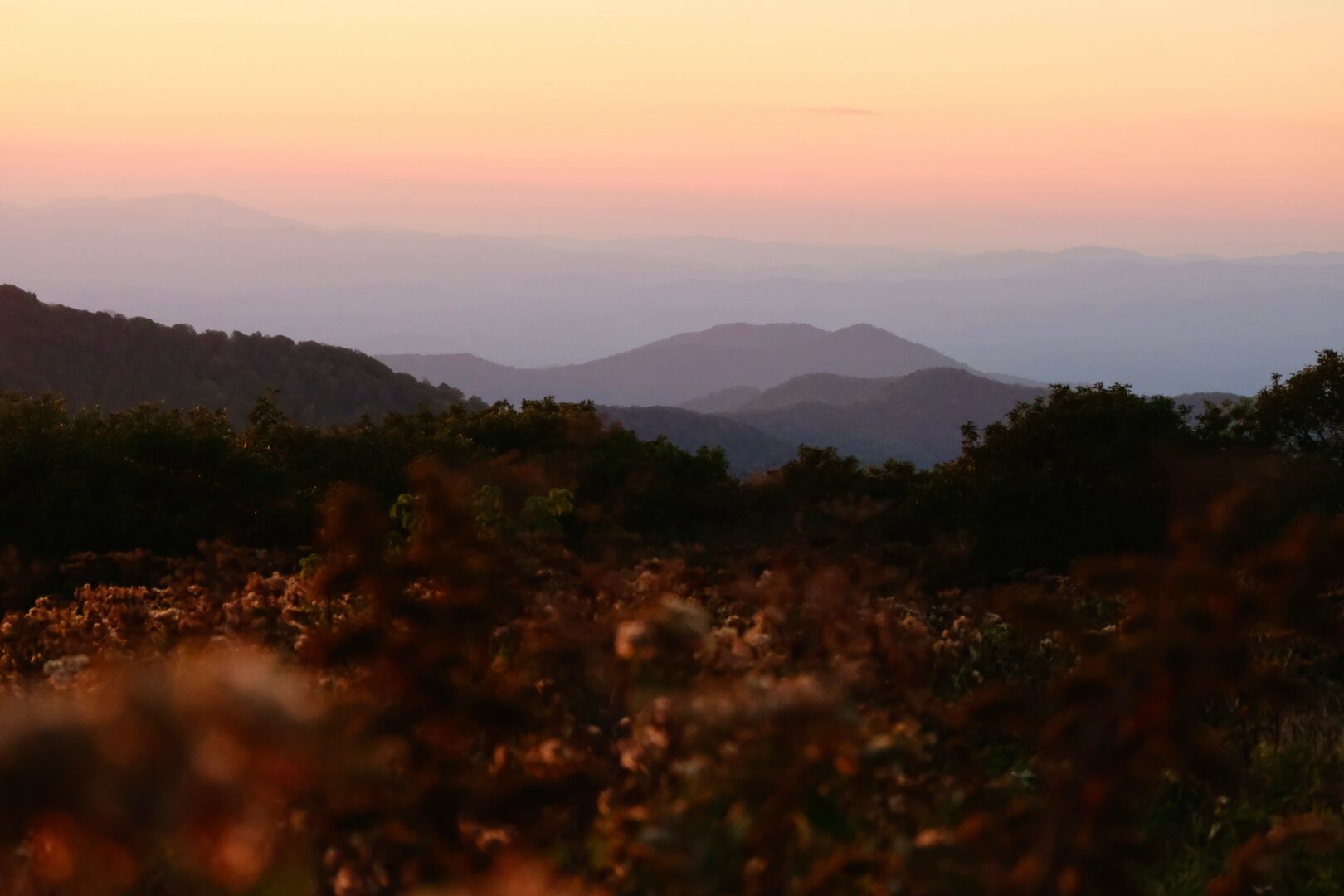
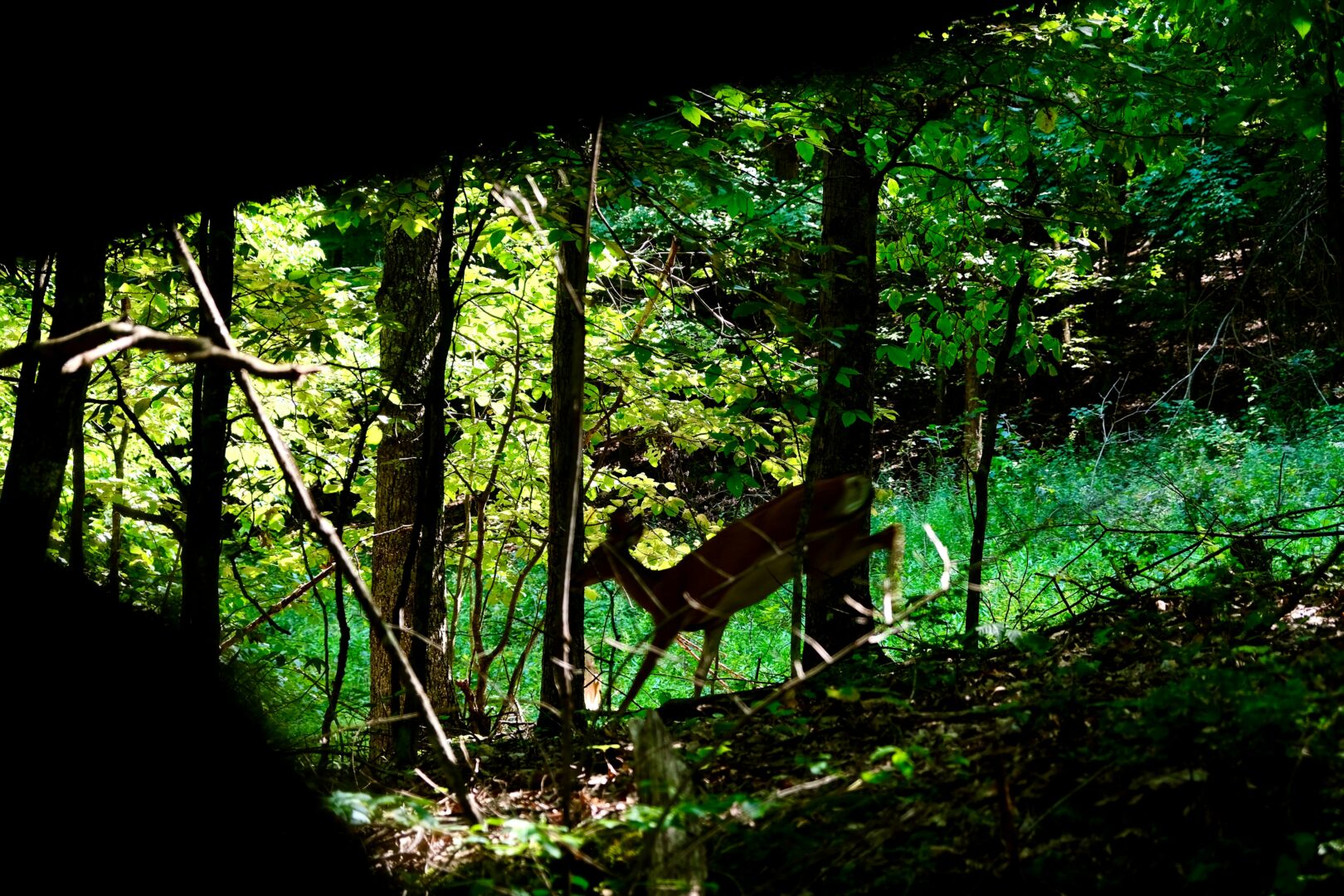
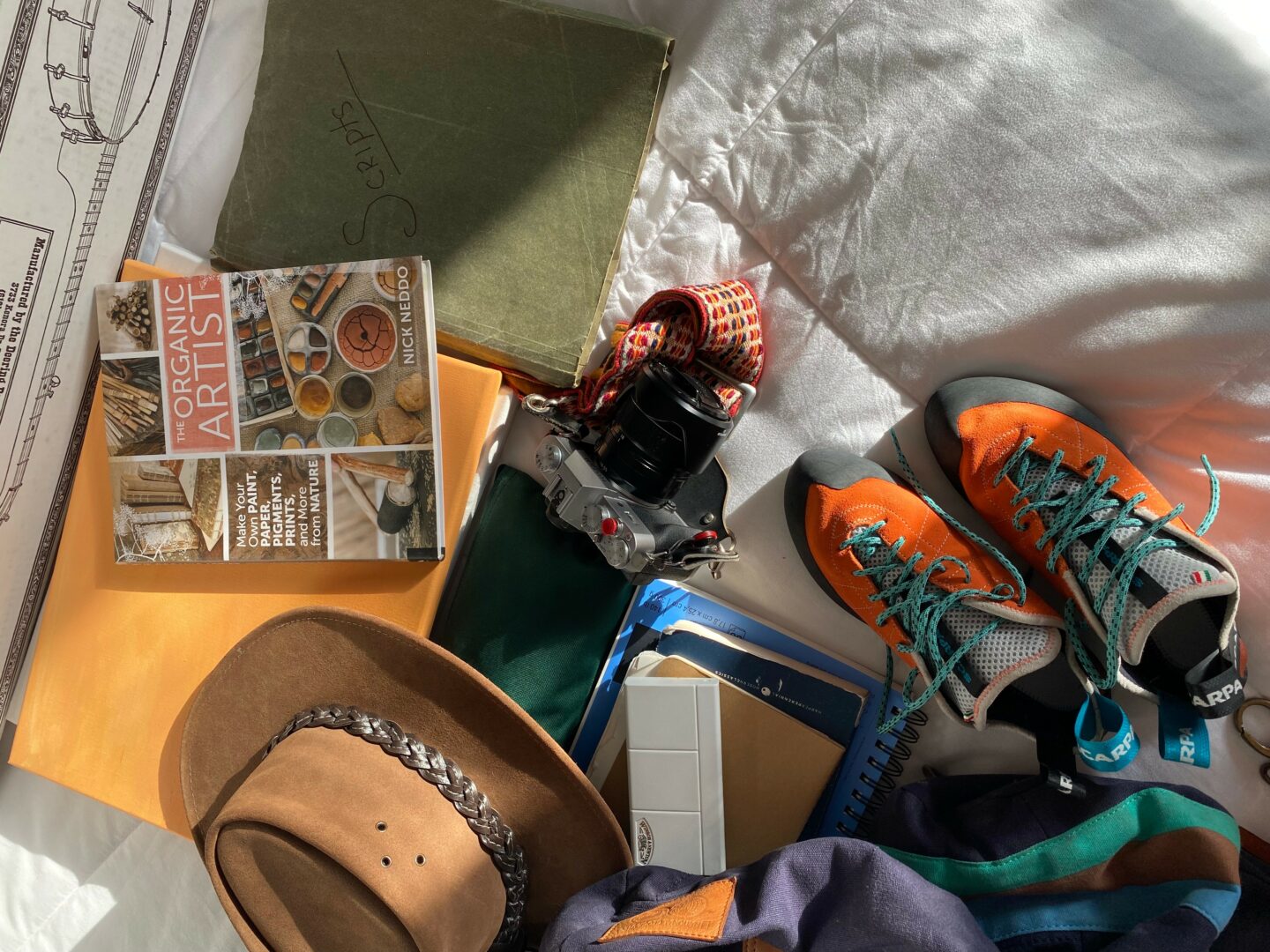
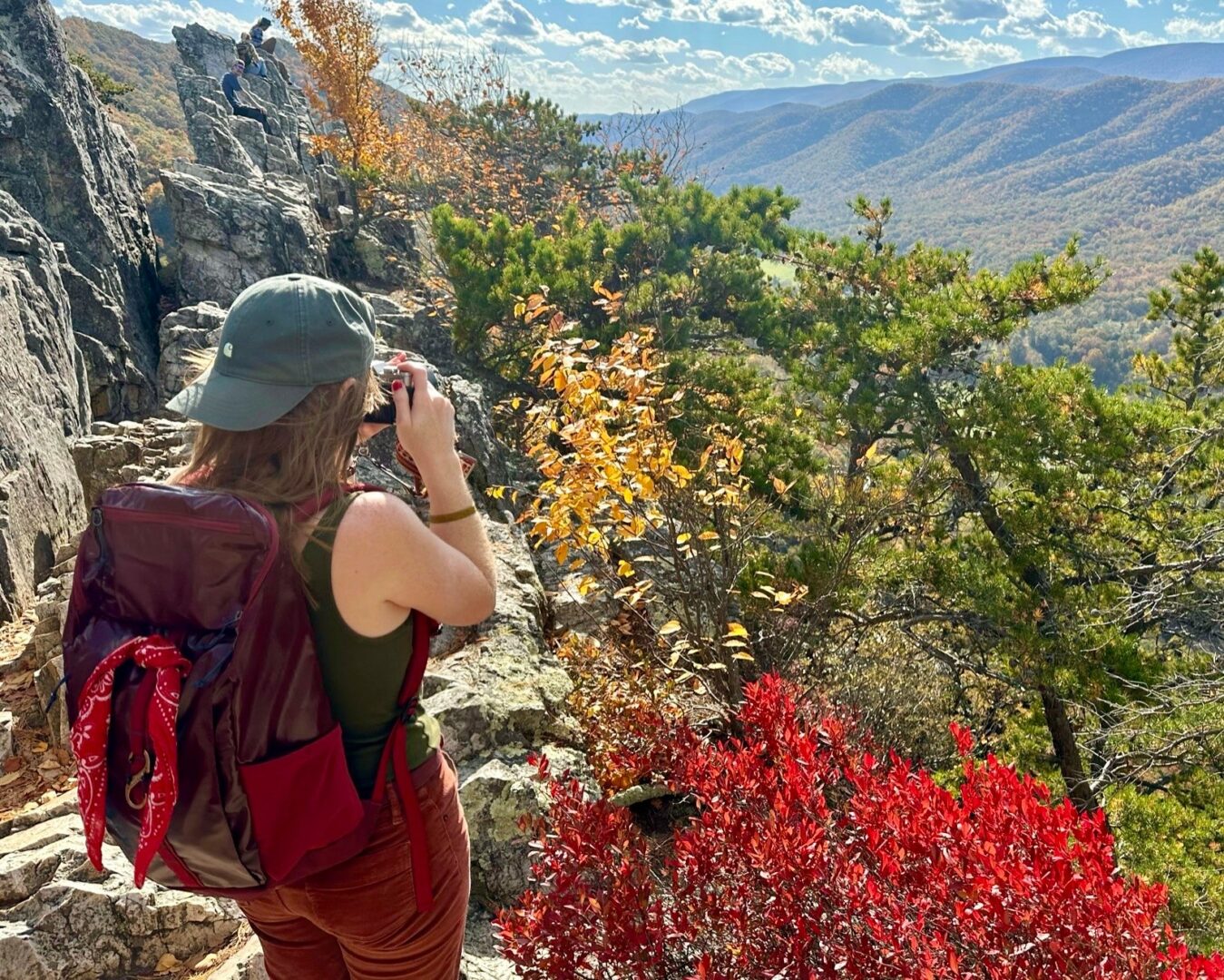
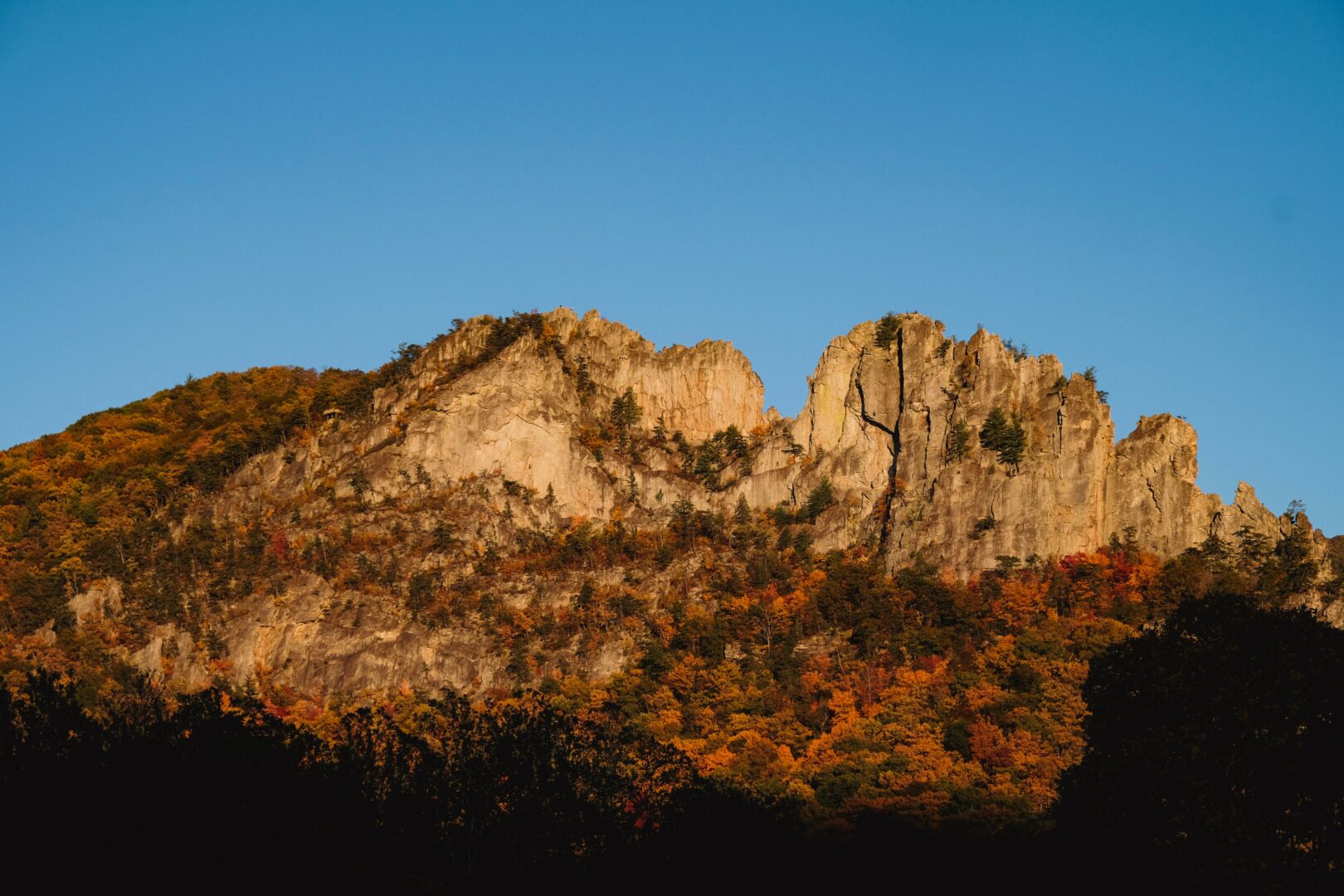
Image Credits
Shannon Mullane
Sara L. Cottle
so if you or someone you know deserves recognition please let us know here.

